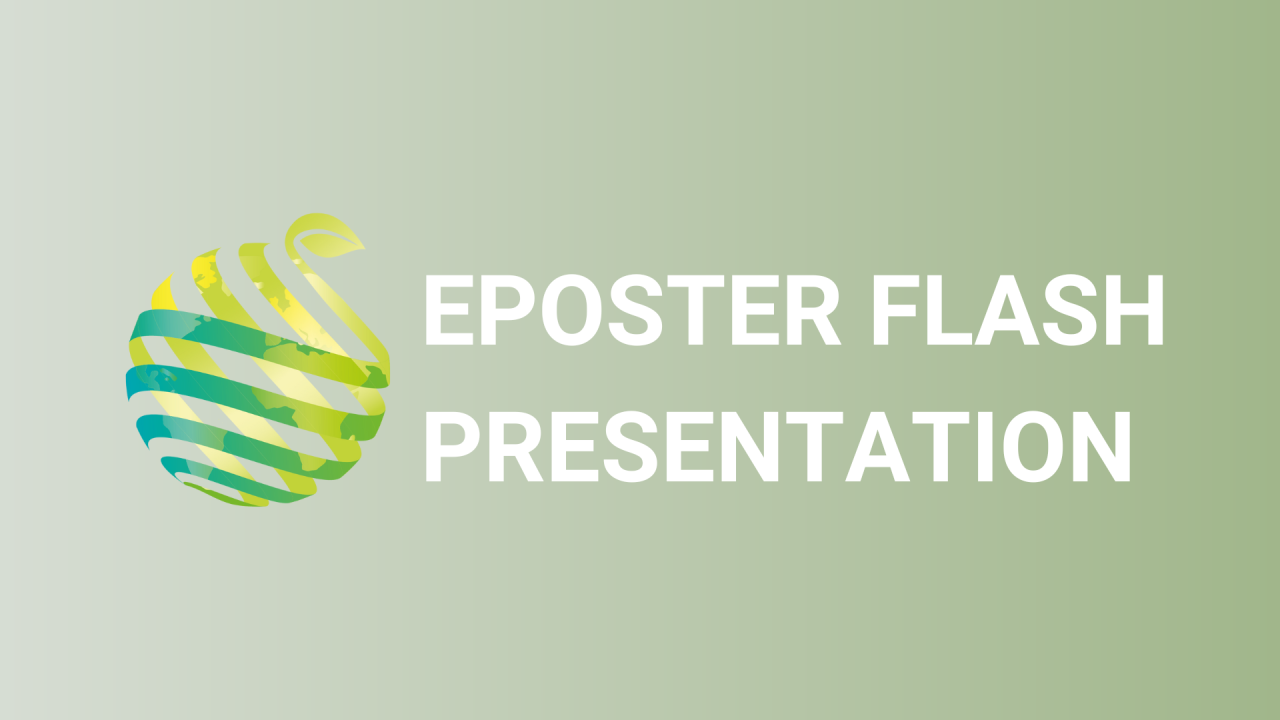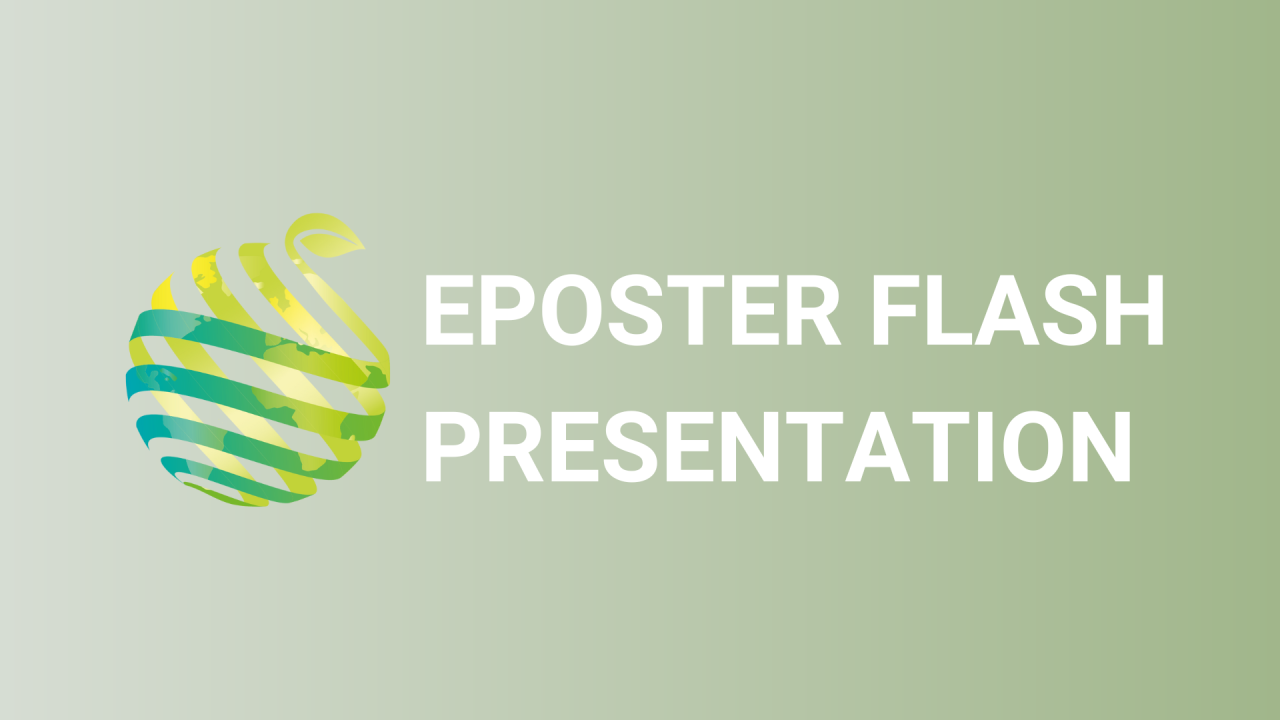

S15 - Session P3 - Agronomic effects of reclaimed water used for tomato (Solanum lycopersicum L.) and lettuce (Lactuca sativaL.) irrigation
Information
Authors: Giulio Flavio Rizzo *, Luca Ciccarello , Michele Davide Felis, Giuseppe Cirelli , Mirco Milani, Ferdinando Branca
Due to the global warming, a reduction of the availability of water is expected. To face this challenge, it is necessary to develop strategies for saving and reusing treated wastewater. This is a priority especially in agriculture, one of the human activities that requires the biggest amount of water. During 2021, reclaimed water of a hybrid constructed wetland (horizontal subsurface unit followed by free water surface unit), used for tertiary treatment of effluents from an farmhouse located in Eastern Sicily, were reused by micro-irrigation techniques to irrigate vegetable crops. In this experiment the effects of domestic wastewater treated with a hybrid constructed wetland (CW) was evaluated on tomato ( Solanum lycopersicum ) and lettuce ( Lactuca sativa L.). The plantlets of both tomato and lettuce were transplanted on the 18 th June 2021 adopting the split-plot experimental design for each crop. For the tomato crop the principal experimental factor was represented by the irrigation water typology and the secondary, and third ones by drip line typology and genotypes respectively. The main plot was splitted in reclaimed water and ground water plots, each of them was divided in sub-plot represented by the type of dripline utilised: dripline "blue" treated with an antimicrobial compound (provided by Irritech®) and the yellow one untreated as control, and finally the sub-sub-plot was represented by the cultivars Big Rio and SV8840MT (by United genetics Italia and Monsanto agricoltura Italia spa, respectively). For the lettuce was adopted the same experimental design utilised for tomato but utilising one cultivar was the Gretta Erre (by BLUMEN group srl). For both the crops all the combination of the experimental factors were replicated 3 times. Due to the experimental design the experimental field was subdivided in 36 parcels (24 for tomato and 12 for lettuce). For lettuce, a higher yield was recorded both in plants irrigated with water from the CW system than in the control and also in plants irrigated with the "blue" dripline compared to yellow" one. Regarding the yield of the tomato crop, no differences were observed due to the type of irrigation water, instead the highest fruit yield was recorded in plants irrigated by "blue" dripline compared to those irrigated with "yellow" ones. From the crop yield data and other bio-morphometric parameters recorded and evaluated in this trial, it is possible to affirm that domestic wastewater treated by a CW system are suitable for agricultural use. The research was financed by the project "WATER4AGRIFOOD - Miglioramento delle produzioni agroalimentari mediterranee in condizioni di carenza di risorse idriche" within the programme "PON RICERCA E INNOVAZIONE, 2014 n 2020"